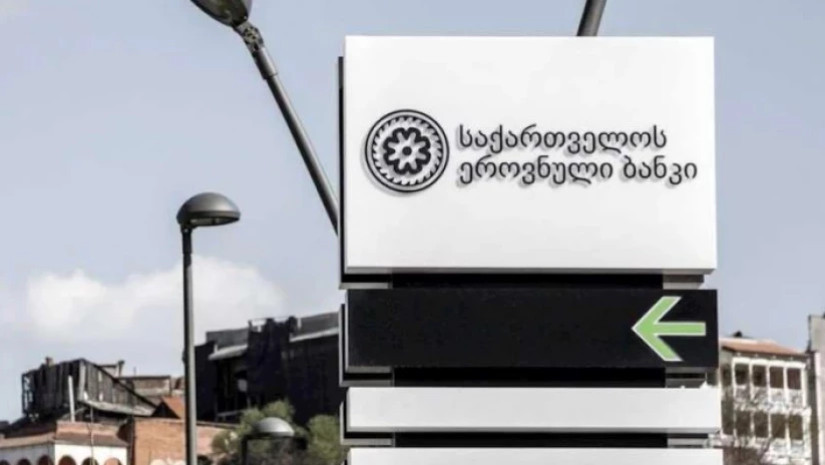According to the exchange rate set by the National Bank for December 18, the official exchange rate of the national currency was set at 1USD/ 2.8117 GEL; 1EUR/2.9483 GEL; 1GBP/3.5686 GEL.; 1 TRY/ 0.0804 GE; 100 Russian rubles - 2.5208 GEL.
On December 18, 2024, the Monetary Policy Committee of the National Bank of Georgia (NBG) decided to keep the monetary policy rate (refinancing rate) unchanged. The monetary policy rate stands at 8 percent.
Inflation remains below the 3% target. In November, the overall price level increased by 1.3 percent year-over-year, while core inflation stood at 1.6 percent. It is noteworthy that the maintenance of a low-inflation environment has largely been ensured by consistent monetary policy, which has been reflected in stable long-term inflation expectations. In particular, prices of domestically produced goods and services, which are relatively sticky and therefore reflect long-term inflation expectations, are increasing at a moderate pace, with an annual change of 1.8 percent in November. At the same time, economic activity this year has been strong. According to preliminary data, average economic growth for the first ten months of the year is 10 percent. However, alongside robust demand, the NBG assesses that the economy's potential has also increased, which partially offsets inflationary pressures stemming from strong demand. According to the current forecast, other things being equal, inflation will remain below the target in 2024, averaging 1.2 percent, and will stabilize around 3 percent in the medium term.
Despite these trends, the economic outlook is characterized by high uncertainty. Both significant domestic factors and geopolitical tensions in the region may increase the country’s sovereign risk premium and, as a result, generate inflationary pressures. Additionally, volatility in global oil and food prices on international markets has increased. Notably, international food commodity prices have risen significantly in recent months, posing inflationary risks. Simultaneously, global shipping costs have also slightly increased. If these trends persist, higher international prices may pass through to local market prices, creating a risk of worsening inflation expectations.
Based on the analysis of the current domestic and external environment, the National Bank of Georgia has decided to keep the monetary policy rate unchanged at 8.0 percent. A cautious approach to monetary policy normalization is crucial to ensure that inflation remains close to its target in the medium term. If inflationary risks do not materialize and the severity of inflation risks eases, the NBG will continue to gradually reduce the policy rate to its neutral level, currently estimated at 7 percent. However, if factors that increase inflation expectations re-emerge, monetary policy may need to be tightened or the current tight stance maintained for a longer period.
The National Bank of Georgia continuously monitors ongoing economic processes and financial markets and will use all available tools to ensure price stability.
The next meeting of the Monetary Policy Committee will be held on January 29, 2025.


















